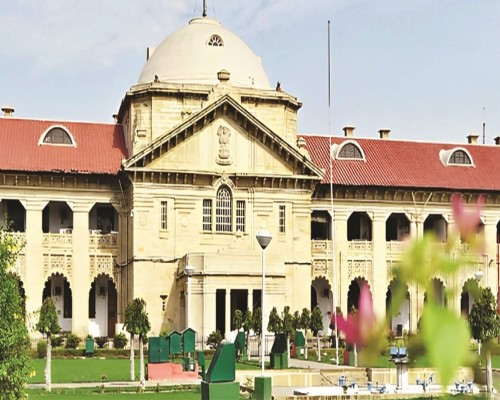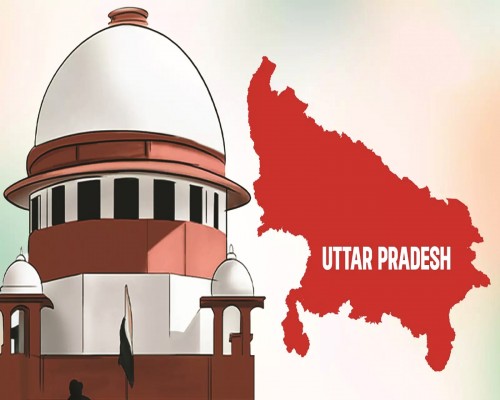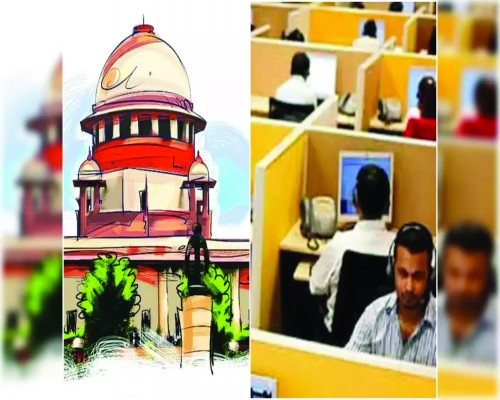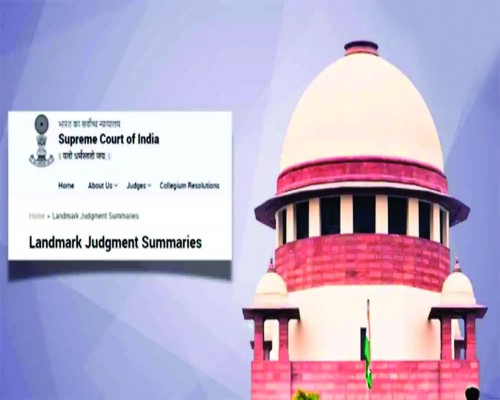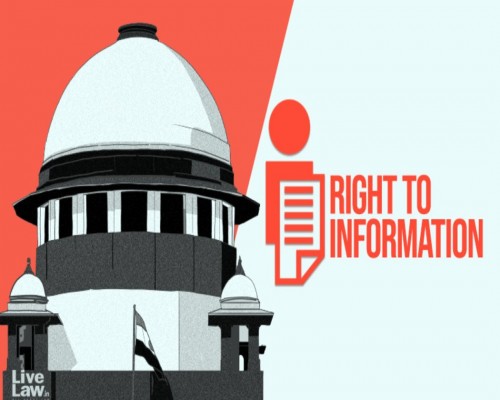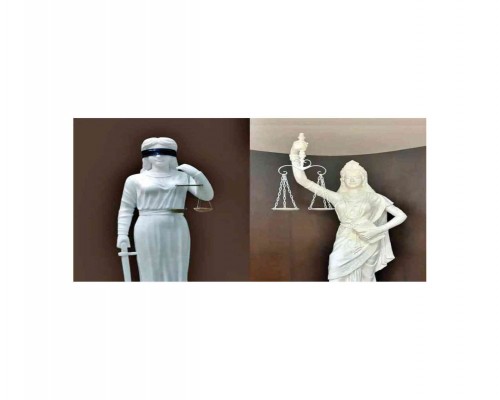Supreme Court Strikes Down Rules Promoting Caste-Based Discrimination in Jails
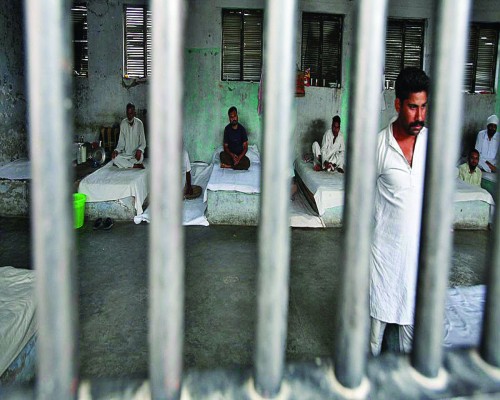
The Supreme Court has expressed serious concern over regulations that promote caste-based discrimination in prisons. On Thursday, the court invalidated provisions of the jail manual that allowed for such discriminatory practices. The bench, headed by Justice Chandrachud, quashed rules in the Model Prison Manual that segregated prisoners on the basis of caste.
The court directed the state and union territories to amend their prison manuals and regulations within three months to eliminate such caste-based provisions.
Elimination of Caste Column in Prison Registers
The 148-page judgment specifically instructed that the caste column be removed from prison registers. The court emphasized that caste should not be recorded in any registers for inmates. It stated that removing the caste column would prevent any form of caste-based classification or discrimination within prisons.
Amendments Required in Prison Manuals
The bench noted that several provisions in the Model Prison Manual, 2016, continue to enforce caste-based categorization of inmates. The Court has instructed that these provisions be revised to ensure that no discrimination based on caste occurs. The state governments and union territories have been given until January 2024 to complete these amendments.
Equality and Right to Life for Prisoners
The Supreme Court underscored the significance of equality and dignity for prisoners. The Court stressed that all inmates must be treated equally, and no discriminatory practices should be allowed within the prison system. The ruling came in response to a petition that challenged caste-based discrimination in the allocation of work and treatment of prisoners in several states.
The bench observed that the caste column in prison records could lead to preferential or discriminatory treatment. This contravenes the Constitution, which guarantees equal rights and protection for all citizens, including prisoners.
Implications of the Judgment
The judgment is expected to have far-reaching implications for prison administration across the country. The Court has asked the central government to amend related laws, such as the Model Prison Manual and the Prisoners Act, to eliminate all provisions that could potentially promote caste-based discrimination.
The Supreme Court’s decision is a landmark step toward ensuring that the rights of prisoners are protected, and that equality is maintained within the prison system. The ruling emphasizes that all individuals, regardless of caste, must be treated with dignity and respect.




